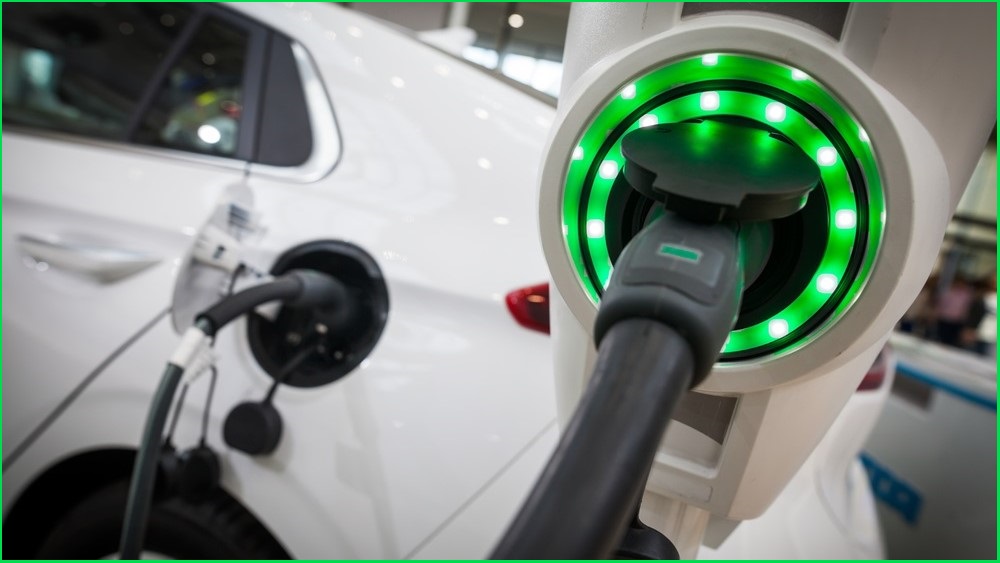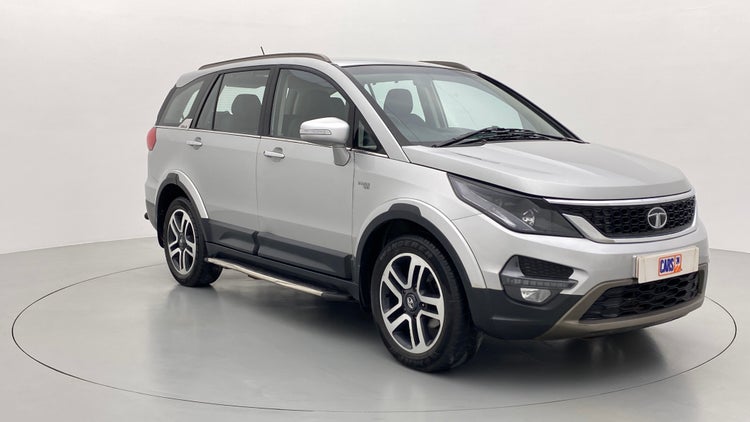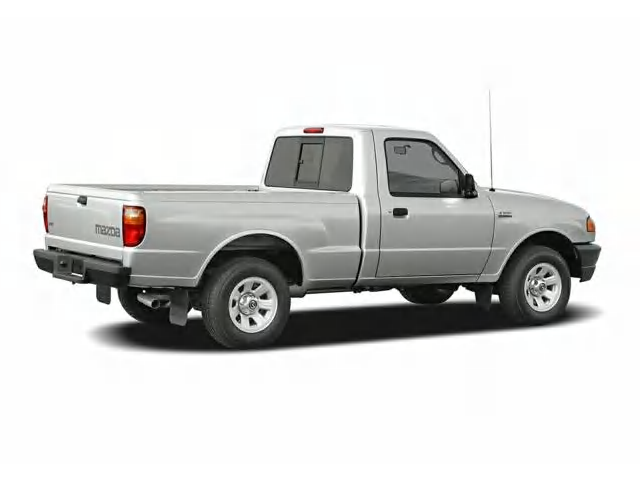Are you holding onto an old, unwanted car in Australia, thinking it’s more cost-effective to keep it? Think again. The reality is that keeping such a car can drain your finances more than you might realise. From the initial purchase price to ongoing maintenance costs, fuel inefficiency, and insurance premiums, the expenses can quickly add up.
In this informative article, we will delve into the reasons why keeping an unwanted car in Australia can be a costly decision. We’ll also explore alternatives such as cash for cars Sydney services and car removal sydney, providing you with valuable insights to make a financially sound choice.
The Initial Cost of Owning an Unwanted Car
Owning an unwanted car may seem like a cost-effective choice at first, but it’s important to consider the initial expenses involved. Here are some key points to consider:
Purchasing a new car: When you hold onto an unwanted car, you miss out on the opportunity to upgrade to a more reliable and fuel-efficient vehicle. The cost of purchasing a new car may seem high initially, but it can save you money in the long run by avoiding frequent repairs and higher maintenance costs.
Reduced resale value: Unwanted cars depreciate rapidly, making them harder to sell at a reasonable price. You may find yourself stuck with a vehicle that has little to no resale value, leading to a financial loss if you decide to sell it later.
Ongoing maintenance expenses: Older vehicles often require more frequent repairs and maintenance, which can be costly. Spare parts for outdated models can be expensive and harder to find, increasing the overall maintenance expenses over time.
Fuel inefficiency: Unwanted cars tend to be less fuel-efficient compared to newer models. With rising fuel prices in Australia, the cost of fuel can become a significant financial burden, especially if you rely on your car for daily commuting or long-distance travel.
Higher insurance premiums: Insurance companies often take into account the age and safety features of a vehicle when determining insurance premiums. Unwanted cars typically lack modern safety features, which can result in higher ins
Depreciation and Resale Value
When it comes to unwanted cars, one crucial aspect to consider is depreciation and resale value. Understanding how these factors impact the financial cost of keeping such a car is essential. Here are some key points to consider:
Rapid Depreciation: Unwanted cars experience rapid depreciation in value over time. This means that the amount you initially paid for the car will significantly decrease as it gets older. In Australia, where the market for used cars is competitive, the depreciation rate can be even higher.
Difficulty in Reselling: Selling an unwanted car can be challenging. These vehicles often have limited demand, especially if they are old or have significant wear and tear. Finding a buyer willing to pay a reasonable price can be a time-consuming and frustrating process.
Diminished Resale Value: Even if you manage to find a buyer, the resale value of an unwanted car is usually much lower compared to newer and well-maintained vehicles. This means you may have to settle for a fraction of what you originally paid or accept a significantly lower amount than expected.
Financial Loss: The combination of rapid depreciation and diminished resale value can result in a substantial financial loss when it comes to selling an unwanted car. Holding onto the car for an extended period might further decrease its value, making it harder to recover your initial investment.
Increasing Repair and Maintenance Costs
Owning an unwanted car in Australia comes with its fair share of financial burdens, particularly when it comes to repair and maintenance costs. As vehicles age, they require more frequent repairs, and finding spare parts for older models can be a costly endeavour. Here are some key points to consider:
Rising Spare Parts Costs: The availability and cost of spare parts for older vehicles can significantly impact your wallet. As cars age, manufacturers often discontinue producing specific parts, making them harder to find and more expensive to purchase.
Frequent Breakdowns: Unwanted cars tend to be more prone to breakdowns and mechanical issues due to wear and tear over time. This can lead to unexpected expenses for repairs, leaving you financially strained.
Ongoing Maintenance Expenses: Regular maintenance, such as oil changes, tire replacements, and brake inspections, is crucial for the smooth operation of any vehicle. However, older cars often require more frequent maintenance, increasing the overall costs.
Labour Charges: Repairing an older vehicle can involve longer hours of labour due to the complexity of accessing certain parts. As a result, the labour charges associated with repairing an unwanted car can be higher than anticipated.
Extended Warranties: Some car owners opt for extended warranties to mitigate repair costs. However, for older vehicles, the cost of extended warranties tends to be higher, making them less financially viable.
Fuel Inefficiency and Rising Fuel Prices
Fuel inefficiency and rising fuel prices are significant factors that can make keeping an unwanted car in Australia a costly endeavour. Here are some key points to consider:
Older cars tend to be less fuel-efficient: As vehicles age, their fuel efficiency decreases due to wear and tear on the engine, outdated technology, and lack of maintenance. This means you’ll be spending more on fuel for the same distance travelled compared to a newer, more fuel-efficient car.
Increasing fuel prices amplify the cost: Australia has experienced a consistent rise in fuel prices over the years. With older cars consuming more fuel, the impact on your wallet becomes even greater. The combination of fuel inefficiency and rising prices can significantly increase your monthly fuel expenses.
Long-term financial implications: Fuel costs are an ongoing expense for car owners. If you keep an unwanted car with poor fuel efficiency, you’ll be consistently burdened by higher fuel bills. Over time, these costs can accumulate and become a substantial financial strain.
Environmental impact: In addition to the financial implications, inefficient fuel consumption contributes to higher carbon emissions, further exacerbating the environmental impact. As the world moves towards sustainable practices, owning an older, fuel-inefficient vehicle may become less desirable due to environmental concerns.
Lack of Safety Features and Increased Insurance Premiums
In Australia, unwanted cars pose a significant safety concern due to the lack of modern safety features. Older vehicles often lack advanced technologies found in newer models, compromising occupant safety. The absence or outdated nature of these features can also lead to higher insurance premiums.
Insurance companies factor in safety features when determining premiums, making older cars with limited safety measures deemed higher risk and more expensive to insure.
Here are a few key points to consider:
Outdated safety technology: Unwanted cars may lack features like traction control, lane departure warning, forward collision warning, or automatic emergency braking, which are designed to enhance driver and passenger safety.
Increased risk of injuries: Older vehicles may not provide the same level of protection in the event of a crash compared to newer models. This can lead to more severe injuries and higher medical expenses.
Insurance premium calculations: Insurance companies factor in the safety features of a vehicle when determining premiums. Cars with limited safety features are considered higher risk and may result in higher insurance costs.
Potential for accidents: The absence of safety features such as stability control or advanced braking systems can increase the likelihood of accidents, especially in adverse weather conditions or emergency situations.
Financial implications: Higher insurance premiums can significantly impact the overall cost of owning an unwanted car. It’s essential to consider the long-term financial burden of maintaining a vehicle with limited safety features.
Environmental Impact and Government Regulations
Unwanted cars in Australia have a significant environmental impact. They contribute to air pollution, greenhouse gas emissions, and resource deficiency. To address these concerns, government regulations have been implemented. Key points to consider:
- Air Pollution: Old cars emit harmful pollutants, affecting air quality and health.
- Greenhouse Gas Emissions: Unwanted cars release high levels of CO2, contributing to climate change.
- Resource Depletion: Keeping old cars consumes valuable resources, harming the environment.
- Government Regulations: Emission standards and retirement programs aim to reduce environmental impact.
- Penalties and Expenses: Non-compliance may lead to fines and costly modifications.
- Scrap Car Programs: Incentives like cash for cars promote responsible disposal and recycling.
Considering these factors helps make informed decisions and reduce the environmental footprint of unwanted cars.
Alternatives to Keeping an Unwanted Car
If you find yourself stuck with an unwanted car in Australia, worry not. There are several alternatives available to help you make a wise decision and alleviate the financial burden. Consider the following options:
Sell Your Car: One of the most straightforward alternatives is to sell your unwanted car. Advertise it online or through classified ads to attract potential buyers. You may be surprised to find that there are individuals or businesses interested in purchasing your vehicle, even if it’s in a less-than-perfect condition. This way, you can recoup some of the costs and free up space.
Cash for Cars Services: Another convenient option is to explore cash for cars services. These companies specialise in buying unwanted vehicles regardless of their condition. They offer a hassle-free process, providing you with a fair cash offer based on the market value of your car. With cash for cars services, you can quickly get rid of your unwanted vehicle and receive immediate payment.
Car Removal Services: If your unwanted car is not in a drivable condition, opting for a car removal service can be an excellent choice. These services specialise in towing away unwanted cars from your location at no cost to you. They will handle the logistics and transportation, ensuring a seamless process. Moreover, many car removal services practise eco-friendly recycling and disposal methods, contributing to a cleaner environment.
Donate Your Car: If making a positive impact on the community is important to you, consider donating your unwanted car. Several charitable organisations and non-profit entities accept vehicle donations. By donating, you not only get rid of your unwanted car but also support a cause that resonates with you. Additionally, you may be eligible for tax benefits or deductions, depending on local regulations.
Scrapping or Recycling: In cases where your car is beyond repair or lacks any resale value, scrapping or recycling may be the most suitable alternative. Contact local scrap yards or recycling centres that specialise in handling end-of-life vehicles. They will ensure the proper disposal of your car while salvaging usable parts and materials.
Conclusion:
Keeping an unwanted car in Australia can be a costly decision. From the initial purchase price to ongoing expenses like maintenance, fuel, and insurance, the financial burden adds up quickly. However, there are alternatives like cash for cars Sydney and free car removal services that provide a way to mitigate these costs. It’s crucial for car owners to consider these options and make an informed decision to avoid unnecessary expenses and financial strain.









